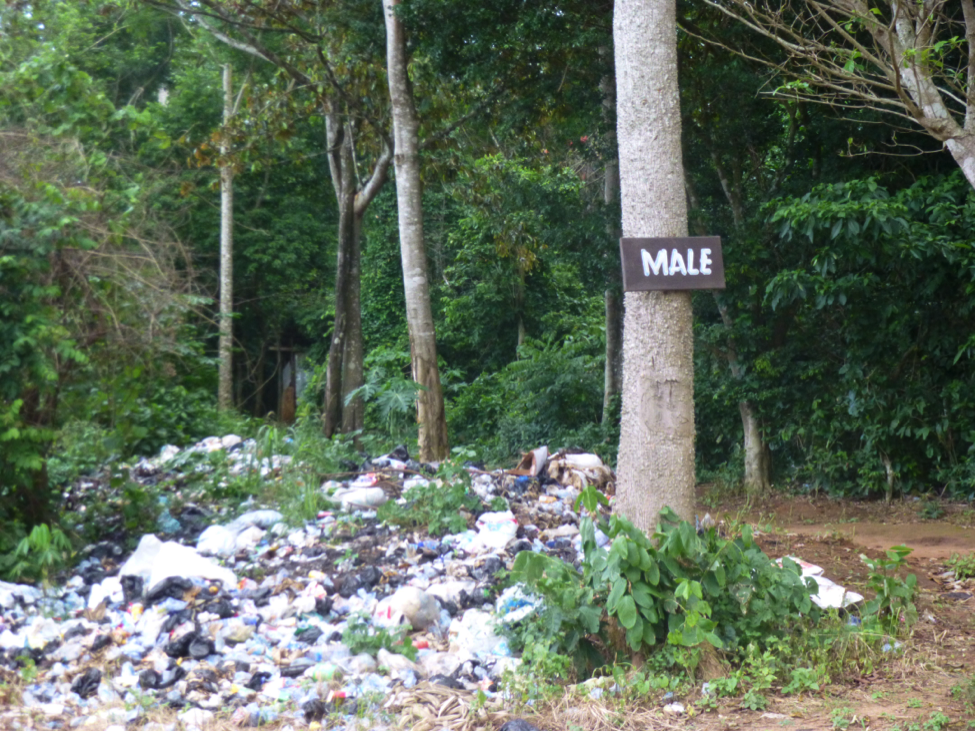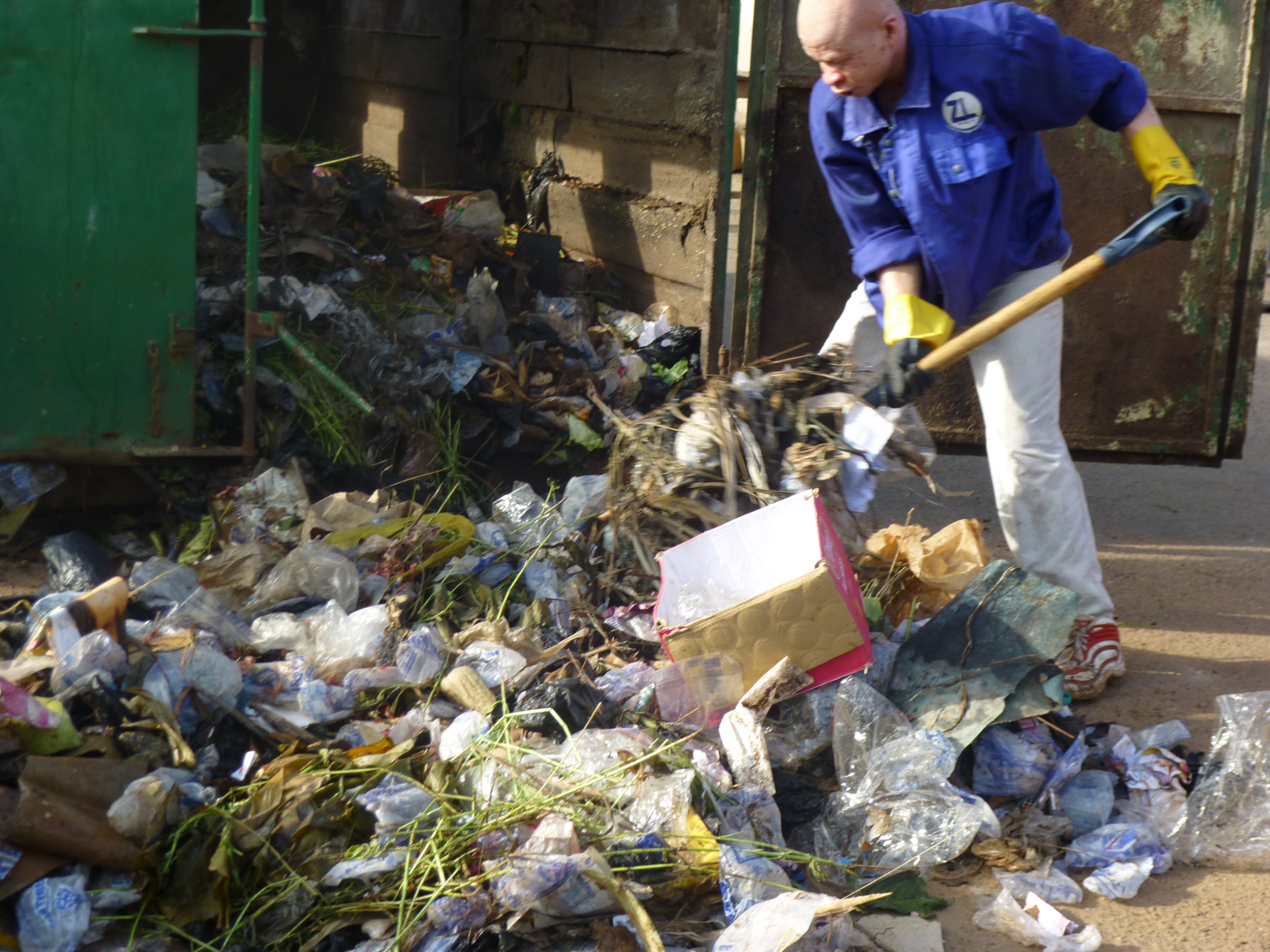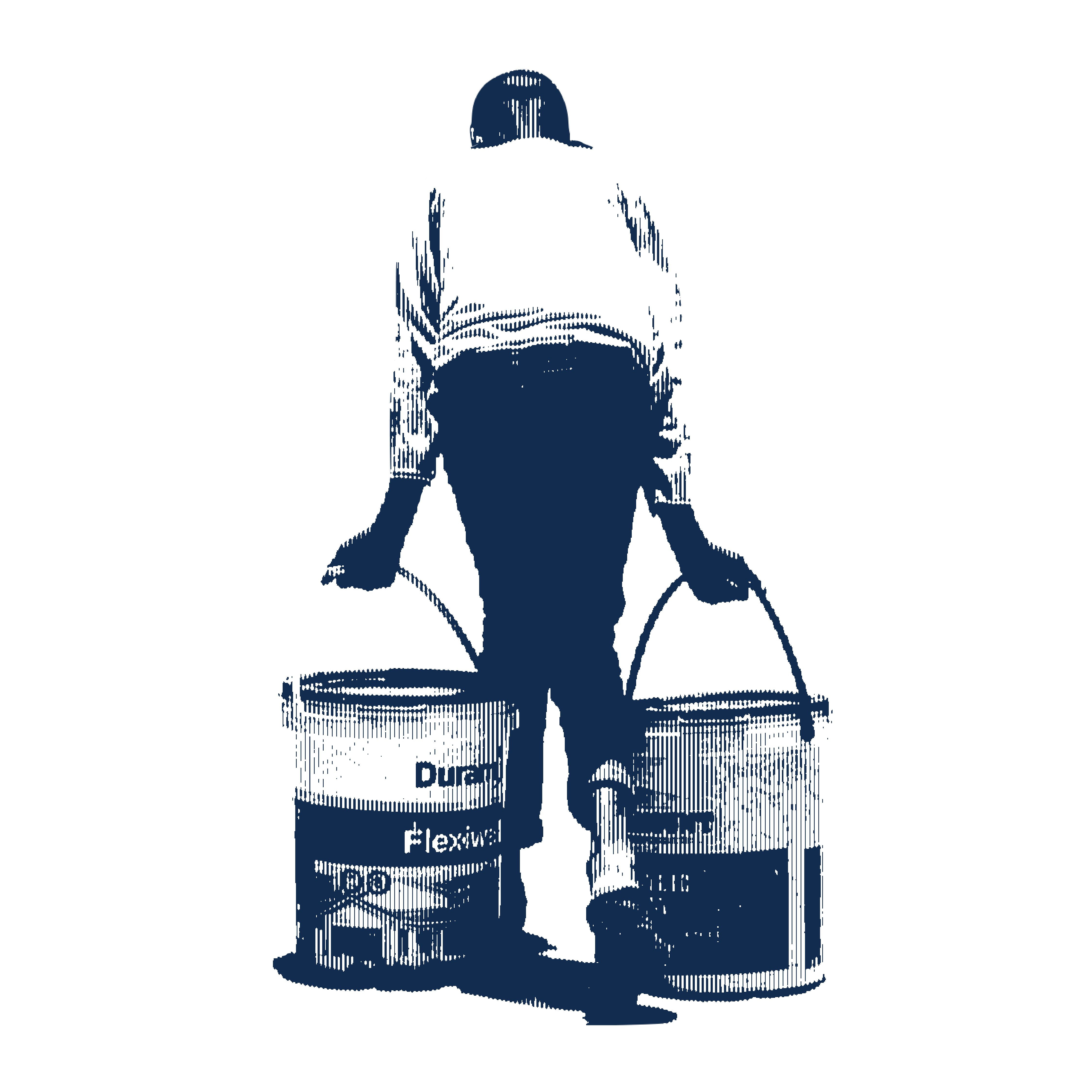
The lack of unity between religious institutions and the state is apparent in Ghana's waste management scene, especially as the government focuses more on its educational efforts.
In the face of persistent waste management woes, the Ghanaian government stresses environmental health education as a necessary means of problem prevention. It has reached out to communities, schools and religious institutions to spread their message on hygiene to Ghanaian residents.
Religious institutions in particular have great power to support social change, with 90 percent of Ghanaians belonging to churches or mosques. Even so, the religious institutions remain largely uninvolved in sanitation education, and, in the case of many Ghanaian churches, may even be indirectly educating Ghanaians to dump and burn their waste.
Ghana, like much of the developing world, is plagued with problems related to open defecation and waste disposal. Cholera, malaria and typhoid, all serious issues in this country, result from such practices, said Enoch Nkansah, a sanitation officer in the Kumasi Metropolitan Assembly's (KMA) Environmental Health Department.
The KMA and other government bodies have been working to address these environmental health risks for many years. According to Paul Akanaba, chief of the KMA's Environmental Health Department, the government has been supporting the construction of paid public bathrooms to reduce open defecation and urination that result from a lack of facilities. At the same time, his department deploys 130 sanitation officers who make household rounds to urge people to build toilets and keep them clean, Akanaba said.
To keep Ghana's streets neat, as many signboards in Accra and Kumasi encourage residents to do, the government has contracted private companies to clean the streets each morning, carry out house-to-house waste collection and manage the large dumping grounds for residential locales without household waste collection, all for a fee.
After the government opened public bathrooms and improved waste disposal services, the amount of garbage and human waste on Ghana's streets has decreased, in Nkansah's view. However, two factors still deter many Ghanaians from using these facilities: the payment required and an attachment to old ways of indiscriminate dumping and defecation.
For the people who are unable to pay, the majority of whom are squatters without a stable source of income or a house, the KMA offers no solution. For those who can pay but are set in their unsanitary ways, the Kumasi Metropolitan Assembly has a magic bullet: education. The idea seems to be that many are unaware or remain unconvinced of the magnitude of the health problems these practices cause.
The KMA focuses its education efforts in three key areas: at the community level, through large meetings called durbars; at the individual level by conducting house-to-house visits; and in schools, through the School Health Education Program, Akanaba and Nksansah said. The KMA also broadcasts messages on hygiene to the public through radio and television. Religious institutions feature in the KMA's efforts to a small extent, even though the positive impact that could be made through them is very large.
Paul Tehoda, a student of the College of Natural Resources and Forestry at the Kwame Nkrumah University of Science and Technology (KNUST) in Kumasi, believes that churches and mosques, to which most Ghanaians belong, should get more involved in the social education scene.
"Every flock listens to his shepherd," Tehoda said.
Nonetheless, few Ghanaians have ever experienced church or mosque education on basic sanitation and cleanliness. Samuel Yabani, who is studying for his undergraduate degree in economics at KNUST, has attended his New Apostolic Church nearly every Sunday for the last 10 years. He says that although his church has organized special sermons and education programs in the past, it has never addressed waste management. Other Ghanaians recount similar experiences.
Professor David Owusu-Ansah, born and raised in rural Ghana, is a lecturer on African history at James Madison University and currently directs the university's summer camp on International Development in Accra. He thinks that religious institutions are too "theologically minded" and that churches care too much "about the moral content of what people do" without focusing on the social aspects. Religious institutions place more effort on getting people to have faith in God, pray and continue evangelism, rather than addressing "secular" social issues, he said.
The church prayer camps on the Atwea Mountains in the Ashanti region exemplify this problem. Churchgoers from multiple denominations of Christianity gather in these prayer camps for days of silent prayer in the Atwea bush. However, as a church camp resident describes, they are also led to dump their waste in the bush, burn it, or collect it in large bins that they then empty "off the mountain." Some church camps have latrines, but they have yet to develop adequate trash disposal for the days or weeks they may spend up in the mountain. And in a country where the population is 80 percent Christian, the habits the churches embrace stick.






